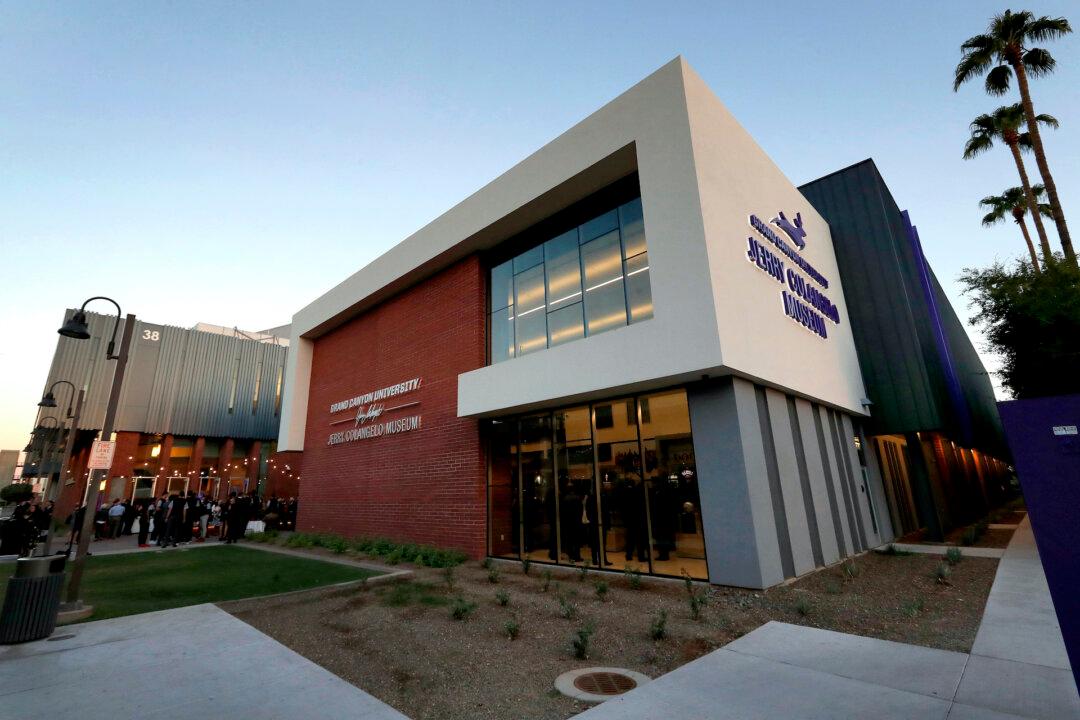The Federal Trade Commission (FTC) has filed a lawsuit against Grand Canyon University over claims that the largest Christian school in the United States deceived prospective doctoral students about the cost and course requirements of its doctoral programs over several years.
The legal challenge was filed in the U.S. District Court for the District of Arizona on Dec. 27.




